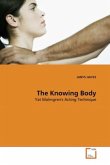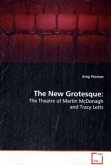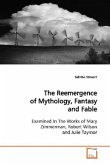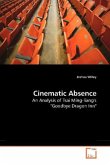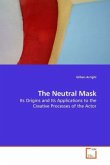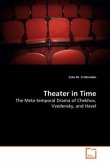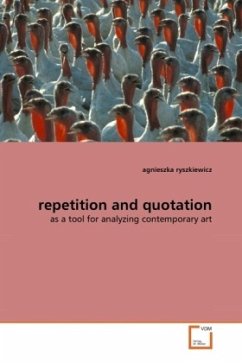Improvisation has long been central to drama education for young students and professional actors alike. Since the pioneering work of Keith Johnstone, a form of additive Improvisation has evolved around the world which has become arguably more popular than the Commedia dell Arte of the 1600s. Eschewing the shorter forms of game-based Improv in order to focus on long form Open Scenes (also known as Harolds ), the author examines the way that nine key Improv Poetics - the Offer, Endow, Justify, Extend, Advance, Shelve / Reincorporate, Accept, Block and Yield - are used to make long form Improv Scenes work. Seven Open Scenes ranging from 6-15 minutes in duration are meticulously explored, and data-rich extended transcripts of the Scenes are provided. The analysis concludes that the Improv Poetics are in fact highly interdependent entities which operate within a dynamic, exchange-based context that has strong resonances with the Tao Students and teachers of Improv, as well as researchers in Communication and Human Interaction will find this text invaluable for the insights it provides into the ways people communicate within fictive dramatic situation.
Bitte wählen Sie Ihr Anliegen aus.
Rechnungen
Retourenschein anfordern
Bestellstatus
Storno


